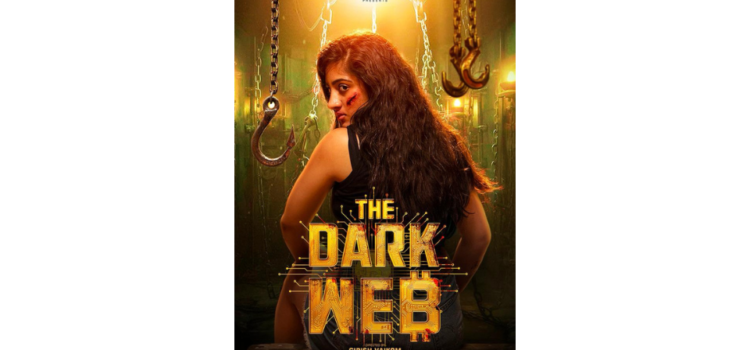
New York, NY – September 05, 2025, 09:57 AM EDT – Jason Zangara, MPH, MA, a public health and safety professional and U.S. citizen based in New Jersey, has intensified efforts to address systemic gender bias, pay inequity, and colorism in Bollywood and regional Indian film industries.
The Public Interest Litigation (PIL), submitted on April 15, 2025, invokes Article 32 of the Indian Constitution to challenge discriminatory practices that affect 1.4 billion citizens, including 700 million women.
Key findings of a study he completed on Indian cinema include:
- Gender Pay Disparity: 96.8% of 250 films (2010–2025) featured male leads, with actresses earning up to 85–90% less despite equal or greater screen presence.
- Colorism in Casting: 99.6% of lead roles went to fair-skinned actors, marginalizing darker-skinned talent.
- Male Favoritism: Preferential casting and career opportunities for men reinforce patriarchal norms.
“I love watching Indian cinema but these women have so much more potential. They shouldn’t always be some guy’s love interest or in a kitchen. They should be taking the lead in these films—and be compensated for it,” Zangara said.
To advance his cause, Zangara has also appealed to Shri Brij Lal, Chairman of the Parliamentary Standing Committee on Personnel, Public Grievances, Law and Justice, urging systemic reforms that promote equality and fairness in the film industry.
“This case is not only about fairness in entertainment but about the fundamental dignity and opportunities available to millions of women and artists in India,” Zangara stated.
The initiative has already garnered international attention in U.S. media, including The Indian Panorama, New India Abroad, Thamasoma, and PTC News, highlighting both the issue of industry discrimination and the importance of systemic reforms.
For support or further details, Contact:
Jason Zangara, MPH, MA
+1 (908) 672-0626
firefighterjazzyj@yahoo.com









